As technological revolutions and industrial transformations evolve, the interplay between innovation and culture has become a global focus in artistic exploration. On November 30, the 7th edition of the ICCI Art Valley Program, “Song of the Rivers: Echoes of the Anthropocene”, opened at the Carbon Factory Cultural Park, hosted by the USC-SJTU Institute of Cultural and Creative Industry (ICCI).
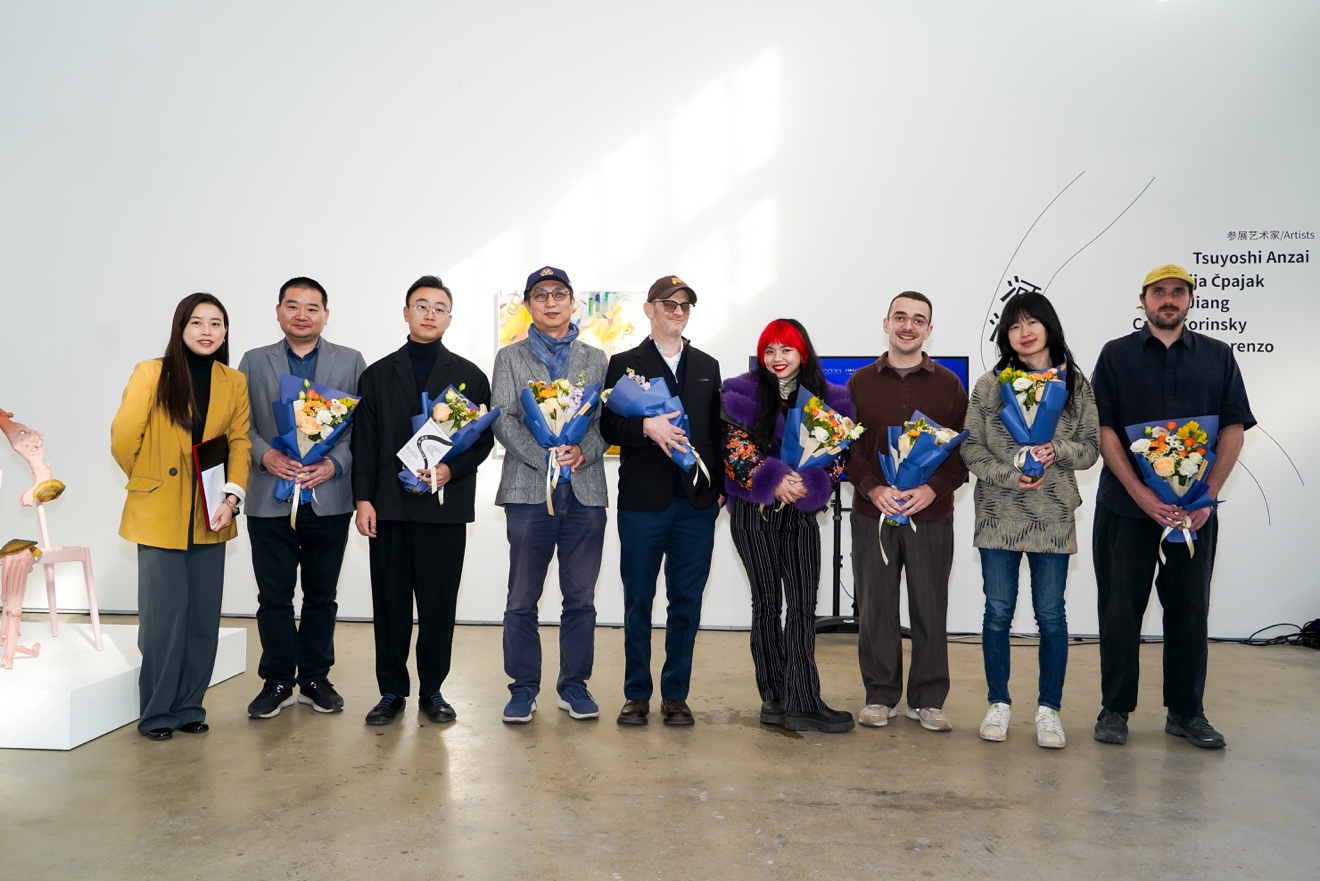
International artists and scholars convened in Shanghai to examine humanity’s relationship with nature and the fusion of art and technology in the digital age, aiming to shape a new artistic ecosystem through cultural and industrial integration.
Major Changes of Microcosmic: Cultural Integration and Innovation
Shanghai, as the birthplace of Haipai culture, represents the essence of cultural integration between East and West. During their residency, visiting scholars focused on cultural exchange and interaction from a global perspective, reflecting Shanghai's cultural heritage, modernity, and urban identity through their art.
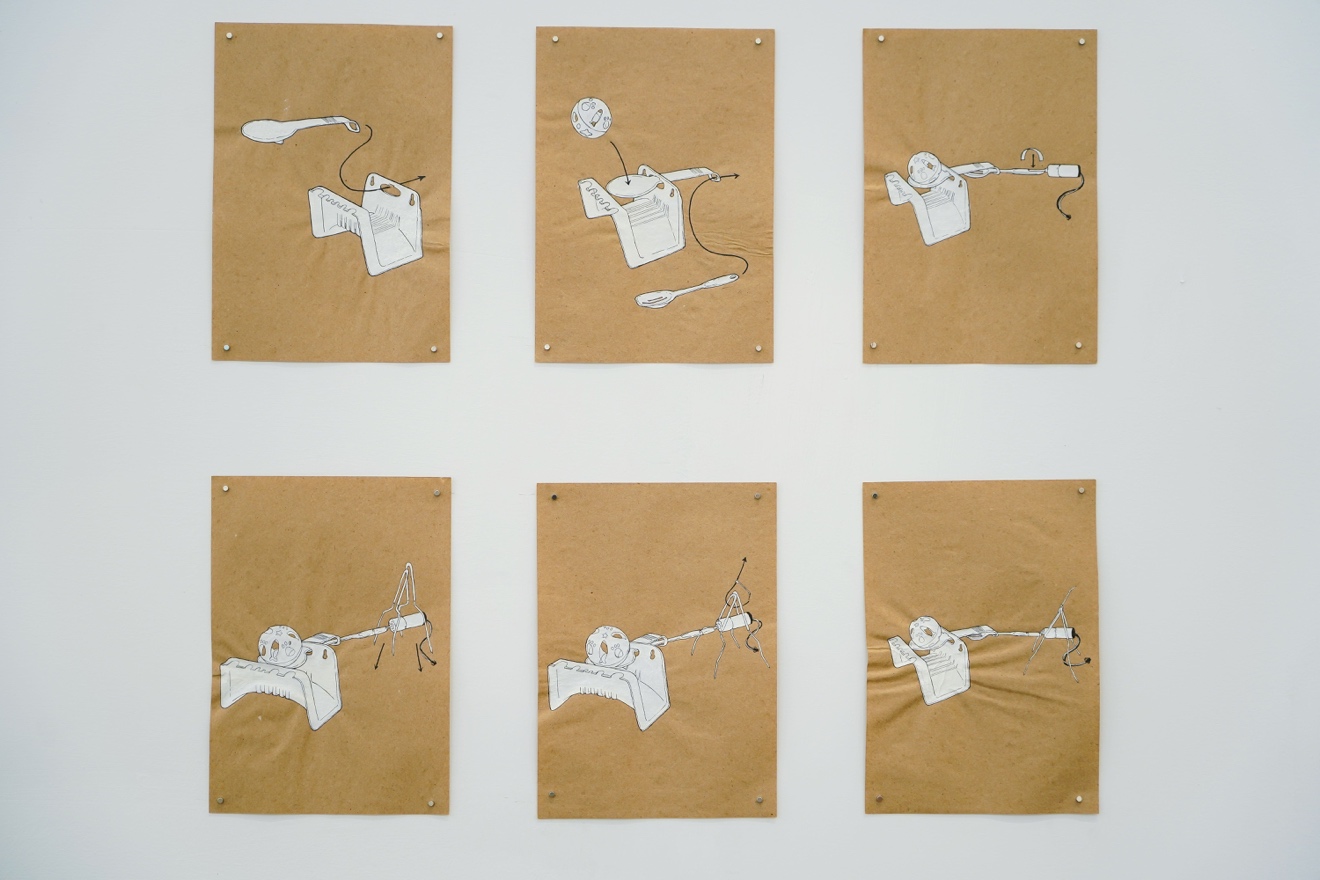
Tsuyoshi Anzai, a Japanese artist, expanded his ecological research during the residency, examining the complex interplay between humans and nature. His interactive installations, transformed by audience participation, brought his work to life through collaborative creation.
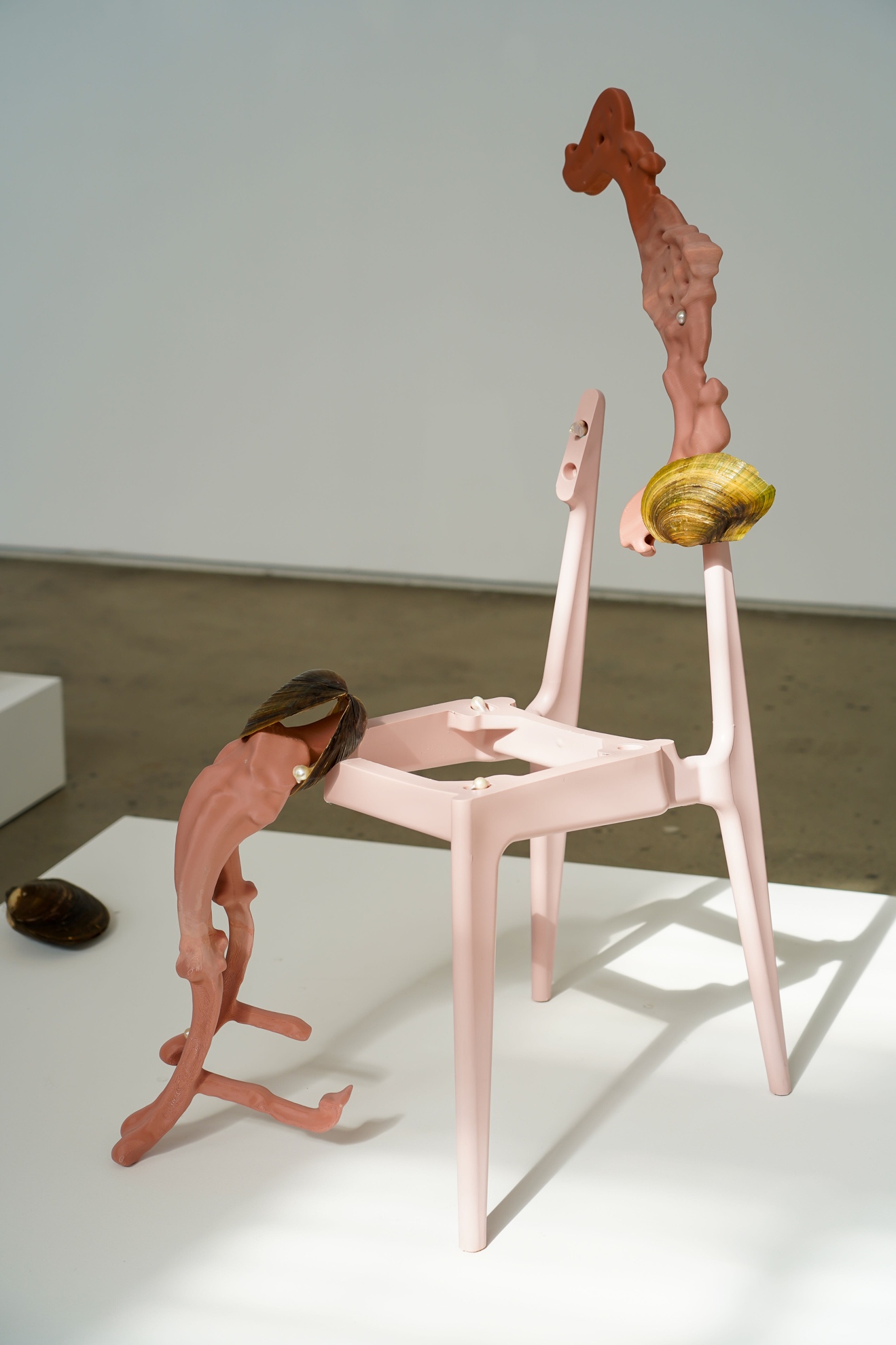
Milija Čpajak, a Serbian artist, explored Haipai culture and nature through “Huangpu Delights”, blending Eastern mussel shells with Western Rococo elements. His works offer a vivid reflection of the global interaction between nature and human culture.
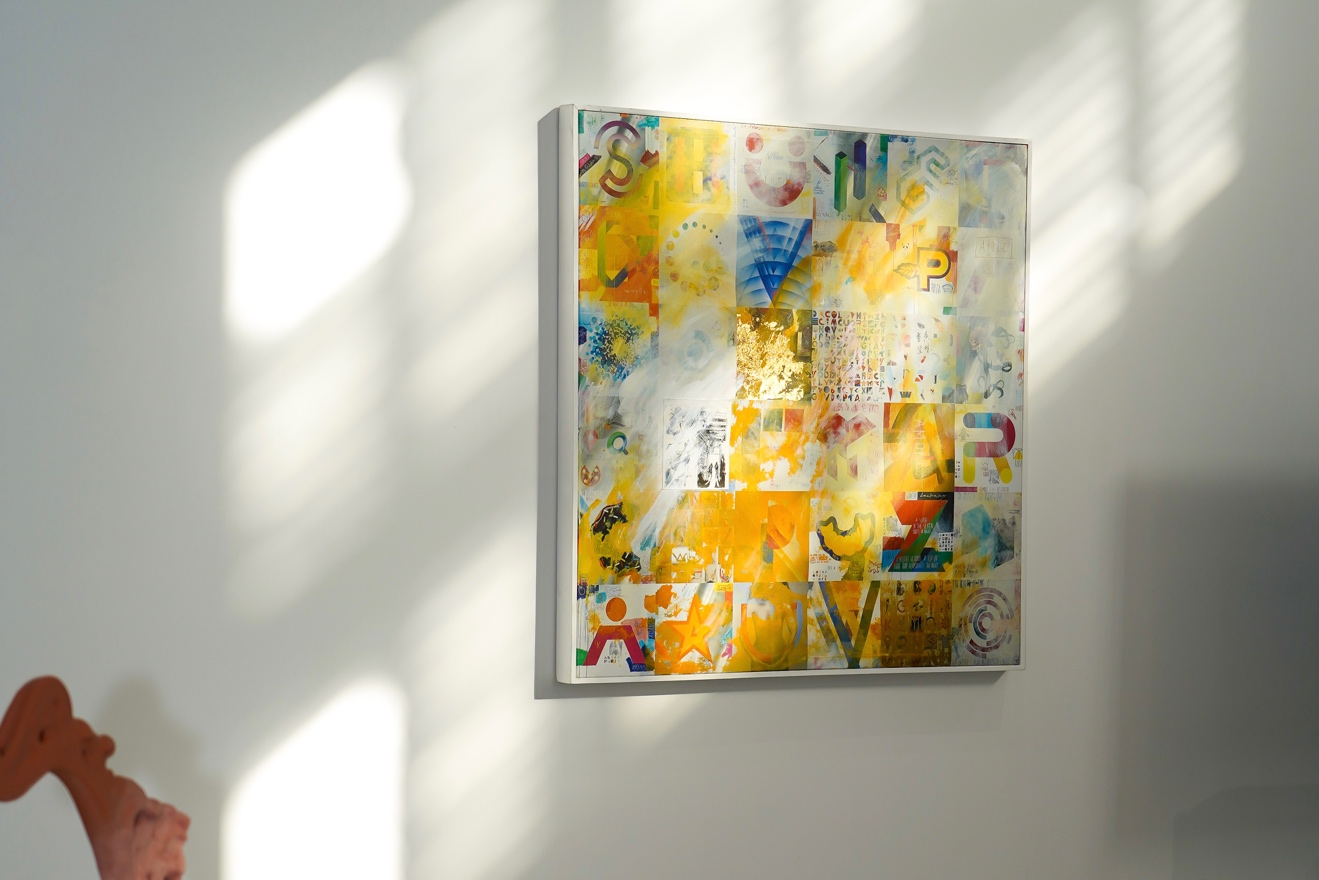
Lorenzo Marini, an Italian artist, highlighted the shift from text to visual symbols in contemporary communication. His art pieces reveal the growing influence of branding and pop culture on everyday life.
Digital Fusion: Art Meets Technology
The rise of digital technology has expanded artistic expression, blending innovation with themes like AI and digital art to explore visions of the future.
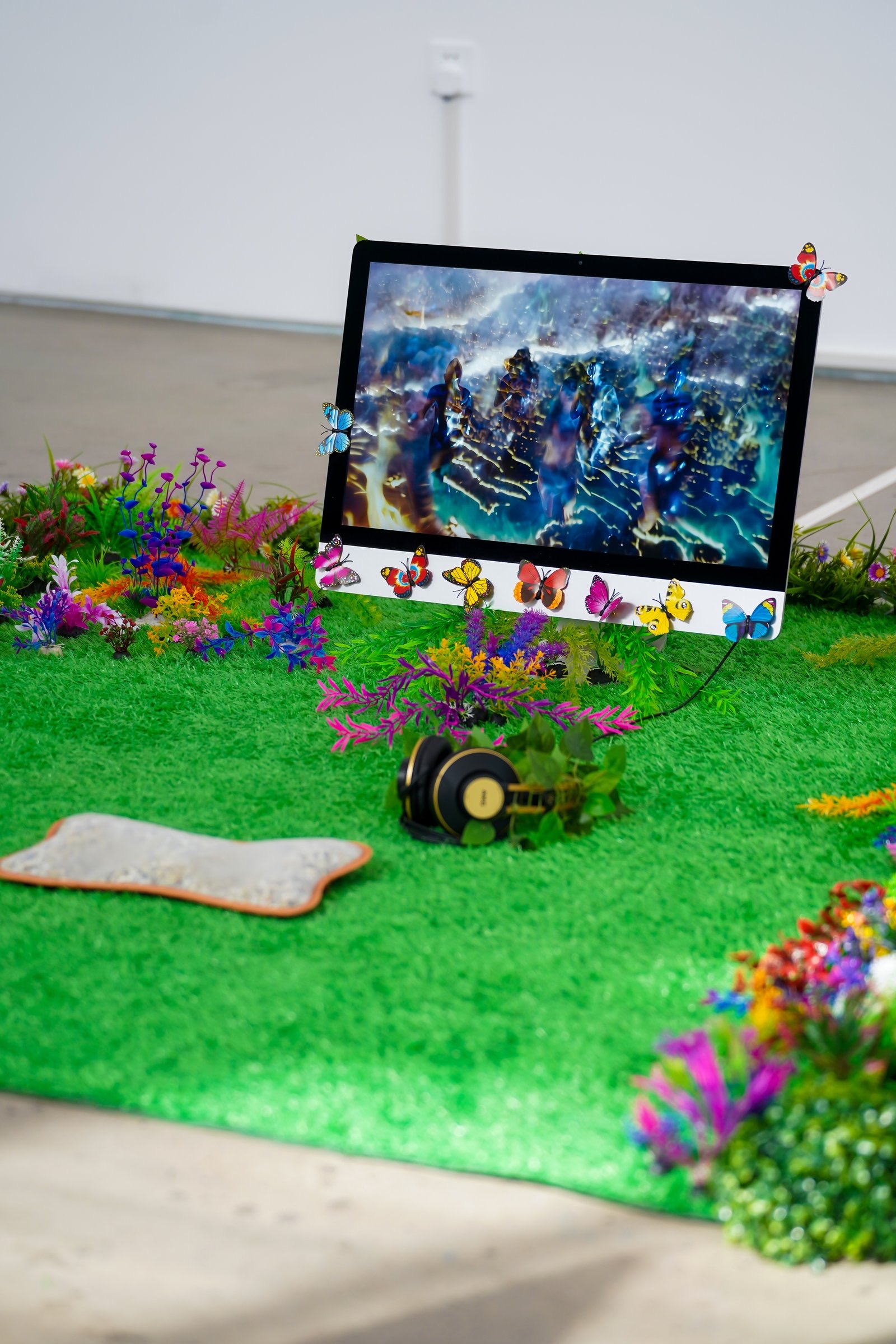
Célin Jiang, a French artist, crafted a dynamic visual poem merging AI imagery and music. Her works immerse viewers in a flowing river of nature and technology, evoking reflections on survival and the fading beauty of the natural world in the digital age.
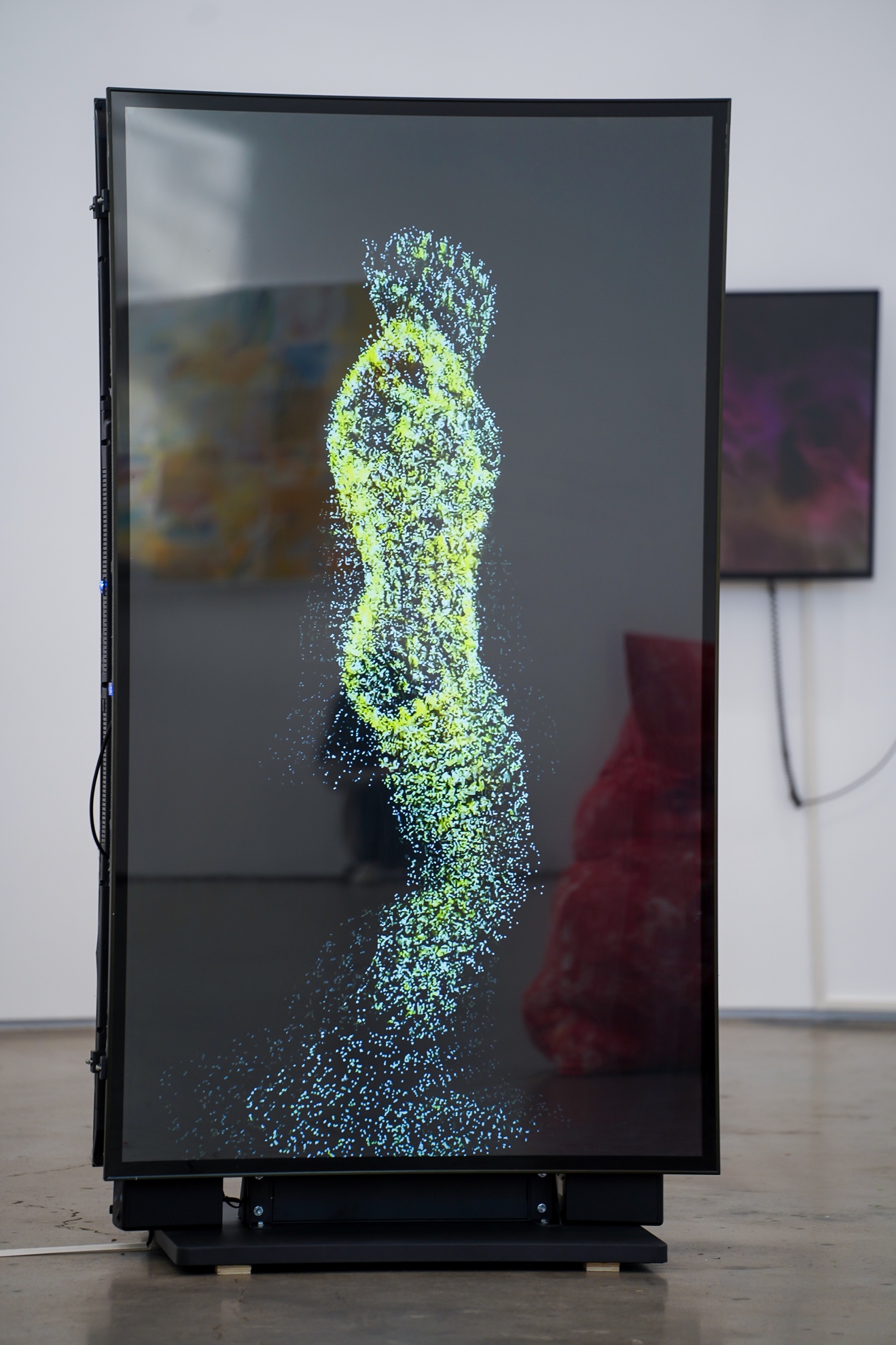
Carlo Korinsky, a German artist, transformed nuclear astrophysics data into multimedia art, revealing deep connections between the cosmos and Earth. His innovative visuals offered audiences a fresh perspective on the universe’s mysteries.
Shaping the Future: Innovation in Creative Industry Education
In the face of a rapidly changing art ecosystem and technological advancements, what essential skills should art management professionals possess to meet evolving market needs?
At the forefront of digital cultural industries, ICCI leads with a focus on internationalization, interdisciplinary focus, and Industry orientation in education. The ICCI ART VALLEY Program collaborates closely with the Master’s Program in Digital Curatorial Management, providing students with both theoretical and practical insights into digital curation and industry trends. Courses like Creative Practices, Innovation & Entrepreneurship and AI Installation Art, emphasize cutting-edge technology and interactive learning, shaping the next generation of creative industry leaders.
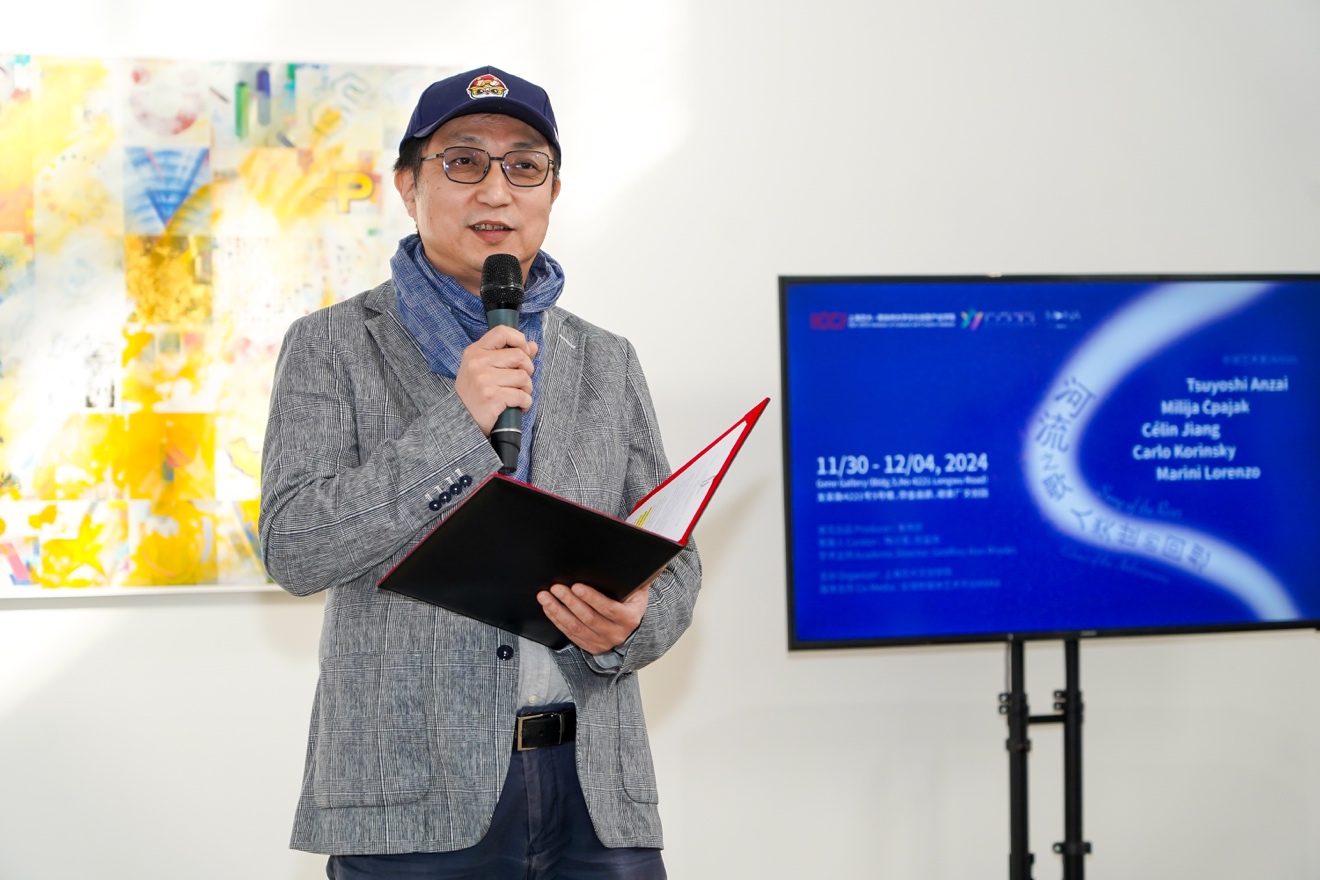
Over the past seven years, ICCI ART VALLEY has hosted over 30 renowned scholars from countries such as the UK, Italy, Spain, Austria, Portugal, Iceland, Germany, Japan, and the United States, producing nine major exhibitions, alongside lectures and workshops to enhance public art appreciation and explore new educational pathways.
According to Weimin ZHANG, Dean of ICCI, "Art production is now a key part of the global cultural industry, promoting Chinese heritage, fostering intercultural exchange, and driving social and economic growth. ICCI's ‘Art + Technology + Management’ educational model cultivates creative leaders with an international perspective and innovative thinking, contributing to the growth of the cultural sector."
Editor on Duty: Tao Qingxiao

